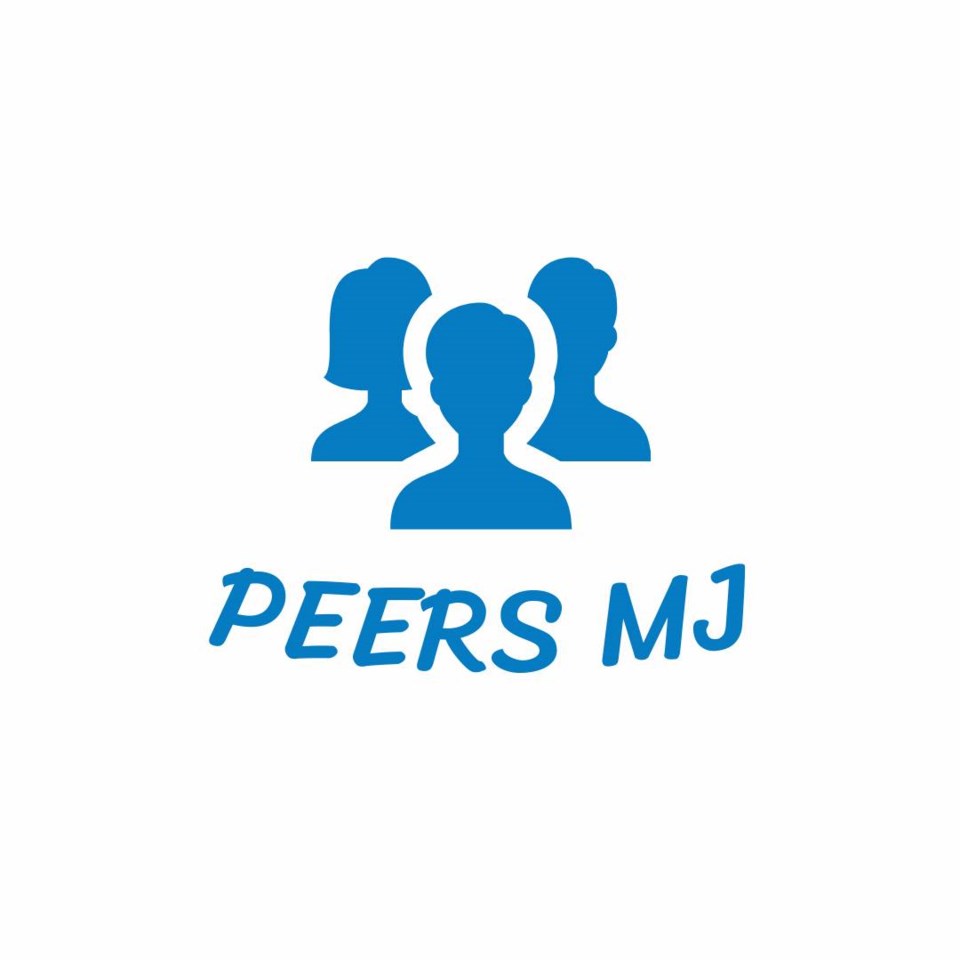MOOSE JAW — A Moose Jaw charity that trains people with neurodiverse conditions like autism or anxiety to better handle social situations is hoping to acquire more funding to expand its operations.
Founder LeeAnn Rose launched The Program for the Education and Enrichment of Relational Skills (PEERS) in 2022, where she worked with the Canadian Mental Health Association to support young adults over five months.
According to the Semel Institute website, PEERS — established over 20 years ago — is world-renowned for providing evidence-based social skills treatment to pre-schoolers, adolescents and young adults with autism spectrum disorder (ASD), attention deficit/hyperactivity disorder (ADHD), anxiety, depression, and other socio-emotional problems.
Also, according to UCLA PEERS, the program helps people who — among other things — struggle to form and maintain friendships, avoid social situations due to anxiety, want to escape isolation, have difficulty understanding unspoken social rules, or want to enhance their conversational and active listening skills.
Rose has worked to establish the program in Moose Jaw, and, in July 2024, created PEERS Relational Skills Program Moose Jaw Inc. (PEERS MJ) as a registered non-profit. However, it was only this May when Ottawa gave her organization its charitable status.
“I’m looking for funding because the people who would benefit most from my programs can’t afford to pay for the services … ,” she said. “The process (to become a charity) has been a while, but now I’m at the point where I can raise the funds and provide my programs for free.”
PEERS MJ offers 16-week programs for children ages eight to 17. Participants, along with their “social coach” — typically a parent, family member, caregiver or mentor — meet weekly in the evenings for 90-minute sessions. They then receive a certificate of completion afterward.
It’s been difficult for Rose to promote her organization’s services since she doesn’t have a physical location or employees to help deliver the programs. These are concerns she must address before she can adequately achieve her vision.
Each class has a minimum capacity of six people and a maximum of 10 people, although eight is the “sweet spot.”
In the meantime, Rose has been working one-on-one with people to improve their social skills.
“The program really takes off when you have a group together because they learn with each other,” she said.
“It’s hard to explain some of the (program) concepts unless you actually physically do them,” she continued. “And that’s why the program has a lot of practice opportunities and why it’s developed the way it (is) … .”
One program highlight is the social coach, who supports the participant for the rest of his or her life, Rose pointed out. After graduating, most participants who enter the real world thrive, but some still require support. The social coach can remind the person to remember the training they received.
The charity is holding a ribs and caesar salad fundraiser at the Crushed Can on Saturday, Aug. 16, from 4:30 to 8 p.m. Tickets are $25 and can be purchased by calling 306-630-5450. The money will help the charity purchase equipment and raise further awareness about its services.
Rose noted that almost 70 tickets have been sold, but she has struggled to sell more. She and other supporters have been “pounding the pavement” in hopes that more people will attend.
She has also been applying for grants, while she has been working to register people for programs in September.
Donations can be made at www.peersmj.com.
Meanwhile, Rose — also known as Grannie Lannie — said the training is not just for neurodiverse people, but also for working professionals. Those professionals can volunteer, learn, and take that knowledge back to their workplaces.
“Those skills are wonderful,” she continued, noting that they have helped her as an educational assistant and mentor. “These strategies are awesome. Everybody should learn them.”
One training session the charity offers focuses on using humour in social settings, since jokes can be a barrier to social acceptance.
Rose explained that participants who tell jokes should pay attention to their audience’s reaction to determine whether the wisecrack was well received or not. If people enjoyed it, the quip is OK to tell again; if not, they should figure out how to tell the joke differently.
“We’re not saying you can’t tell jokes, we’re just saying make sure you tell the right kind of joke,” she remarked.
Another program feature is that participants must join a social club or group and interact with people regularly, have conversations and determine whether they have any common interests.
“If people do the work, they will find success,” Rose stated.
Rose added that anyone interested in learning more about PEERS should watch the Netflix show “Love on the Spectrum.”




